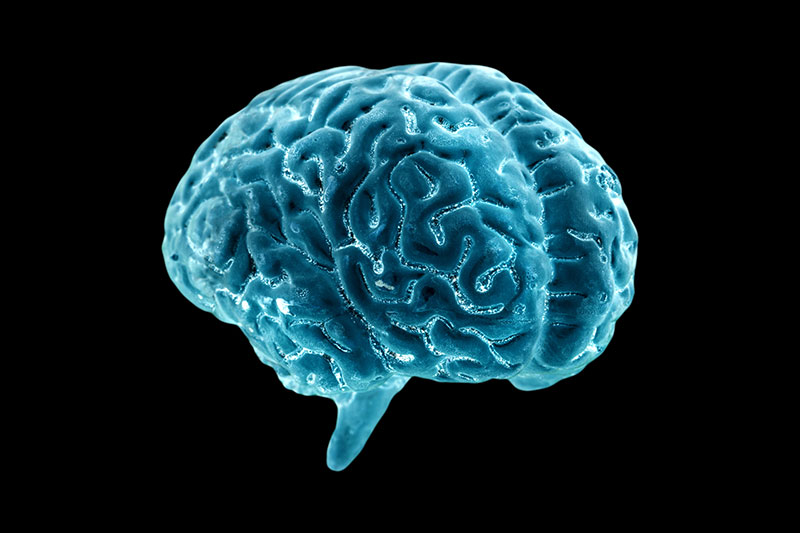December 22, 2017 (Medical News Today)
Multiple sclerosis (MS) is believed to be a type of autoimmune disease that arises when the immune system mistakenly perceives tissue in the brain and spinal cord as a threat and attacks it. In MS, the myelin, or the fatty layer which surround axons, are attacked. The axons, which carry messages to and from the brain to other parts of the body, are then exposed and weaken this signaling passage, leaving individuals with MS with symptoms such as, muscle weakness, difficulty with balance and coordination, numbness, tremors, etc.
Relapsing-remitting MS (RRMS) and primary progressive MS (PPMS) are two main types of MS. The majority of people with MS have RRMS (85%) and experience unpredictable fare-ups of symptoms such as those listed above. PPMS affects a much smaller percentage of people with MS (10%). Individuals with PPMS do not have relapses but rather, their MS is progressive from the start of the disease.
Decisions of treatment options for PPMS rely heavily on understanding the key differences of these two types of MS. Scientists have already discovered a number of these differences, including that in PPMS, there is much less inflammation of the myelin than in RRMS. To aid in their search for new drugs to treat PPMS, scientists pared down the starting list of 1,040 generic candidates they had gleaned from clinical studies to just 249.
In order for a drug to be considered effective against PPMS it must target these three drivers of disease:
- Damage to nerve cells
- Damage to mitochondria
- Activity of lymphocytes, the white blood cells that attack myelin
It was found that clomipramine, an antidepressant, was the most promising candidate as it reduced specific symptoms of PPMS, such as paralysis.
Published in Nature Communications.















